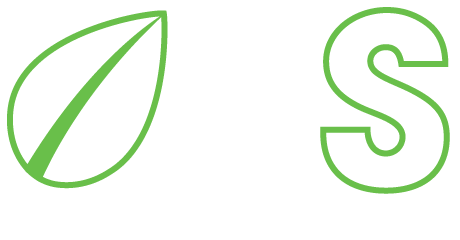HCi Factsheet – Understanding your health insurance choices and the Medicare Levy Surcharge (MLS)
Making health insurance easy!
Understanding your health insurance choices and the Medicare Levy Surcharge (MLS)
1 July 2025
Medicare is the Government funded system that gives Australians access to quality medical care. Most working Australians pay a levy, or tax, to help support Medicare. Some will also pay the Medicare Levy Surcharge.
Medicare is the Government funded system that gives Australians access to quality medical care. Some working Australians pay a levy, or tax, to help support Medicare.
The Medicare levy is a 2% levy on your salary and wages. It is applied to all Australians as part of their tax return unless they have an exemption or reduction.
An additional surcharge applies to higher income earners (see below for thresholds). This is called the Medicare Levy Surcharge (MLS).
If you earn enough to be eligible for the MLS, you may gain exemption from this tax by holding an appropriate level of private health insurance hospital cover.
To be clear, not all health insurance cover will exempt you from the MLS. To ensure you hold the right level of cover to exempt you from the surcharge, read on.

What is the Medicare Levy Surcharge (MLS)?
The MLS is an additional tax of 1% to 1.5% applied to some individuals and families. If applicable, it is generally calculated by the ATO in your annual tax return.
MLS tiers are based on your income for singles or your combined income for couples. Income for MLS includes things like reportable super contributions and reportable fringe benefits.
You may pay the MLS if you
- earn above the MLS income threshold, and
- hold a hospital policy with an excess over $750 per person ($1500 for couples and families).
What is a hospital excess?
An excess is an amount you have agreed to pay towards your hospital treatment. Generally, higher excess has lower premiums. Each adult on a HCi hospital policy may have to pay an excess once per calendar year.
Currently, MLS income thresholds are:
- Singles: $101,001 or more per year
- Couples/Families: $202,001 or more per year (plus $1,500 for each dependent child after the first)
You can find out more about the MLS and the income thresholds on the ATO’s website. Note that rates generally increase on 1 July each year.
Health insurance and the MLS
As noted above, not all health insurance cover will exempt you from the MLS.
Holding Extras cover only or any type of hospital policy with high excess amounts (over $750 for singles or $1500 for multi person policies) does not protect you from having to pay the MLS. Of course, you can add hospital cover to your extras or change your current excess.
If you earn under the MLS threshold, changing your HCi excess will not impact your tax.
Note that you may be liable for the MLS during a suspension of cover while travelling overseas.
What if I have a high excess policy?
By moving to a lower excess hospital policy, you can:
- reduce your costs when you need hospital treatment, as your upfront excess payment will be lower,
- keep the same HCi value hospital cover with no other changes to your benefits, and
- potentially save on tax by ensuring you meet the Government’s MLS exemption rules.
How much could I save?
If you earn more than the MLS threshold, having a $1,000 excess hospital policy means you could be paying additional tax. And this additional tax can be hundreds or thousands of dollars. For example, a family earning $240,000 could face a $3,600 MLS.
So, by switching to a lower excess hospital policy and maintaining the same high level of hospital cover, you may avoid the MLS. Even though a lower excess policy may have slightly higher premiums, this is usually still less than the additional tax you may have to pay if the MLS applies to you.
ATO administration of the MLS
Your Medicare levy and MLS payments are calculated by the ATO as part of your annual tax return.
The MLS can be applied for the entire year or part of the year if your circumstances change. It is generally a liability above any employer withheld amounts.
HCi provides details of your hospital policy (type and excess only) to the ATO on your behalf. So once you have selected an appropriate level of hospital cover, you don’t have to do anything.
Questions about the Medicare Levy Surcharge?
Calculating your Medicare levy Surcharge (MLS) can be complex so we suggest discussing it with your tax agent or accountant. The ATO may also be able to help answer your questions.
Please contact us for information about changing your hospital excess or to add hospital cover to your HCi extras cover.

HCi used its best endeavours to ensure this information was accurate at the time of publication. From time to time, circumstances relating to the subject matter may change which may impact the accuracy of the information. This information is also general in nature and does not take into account any specific health or financial situation. Before making any decisions in relation to this information, you should consider your own financial and health situation and seek professional advice. Health Care Insurance Ltd ABN 43 009 579 088. A Registered Private Health Insurer.





